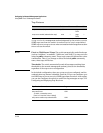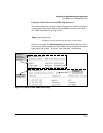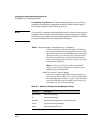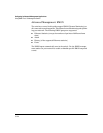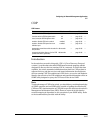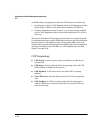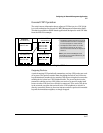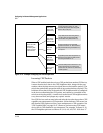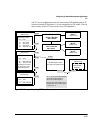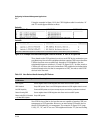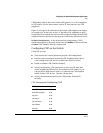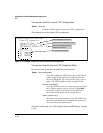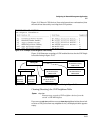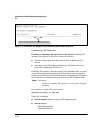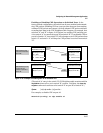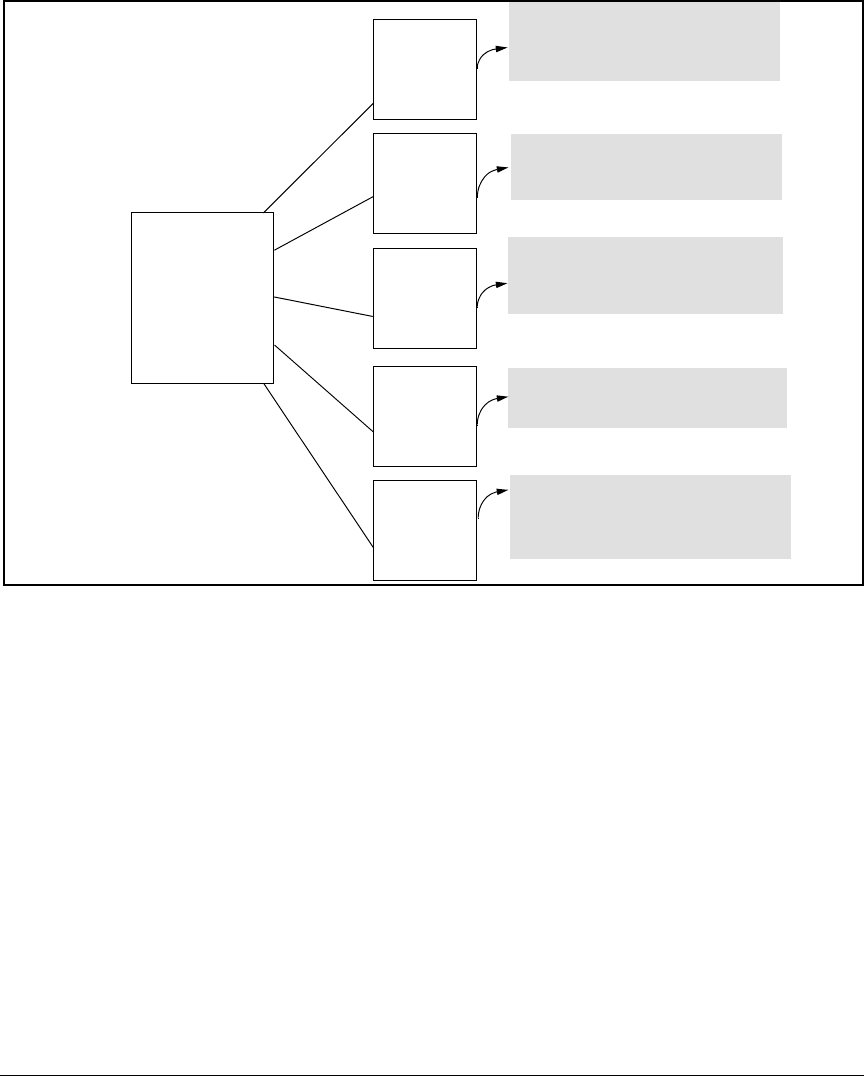
Configuring for Network Management Applications
CDP
Switch "A"
Switch with CDP
Running and
Forwarding CDP
Packets to Down-
stream Devices
Switch "B"
CDP-Aware
Switch with
CDP Running
Switch "C"
CDP-Aware
Switch with
CDP Disabled
Router "Y"
With CDP
Disabled or
Nonexistent
Device "Z"
Hub or Other
Non-CDP
Device
Router "X"
With CDP
Running
Accepts, but does not forward CDP
packets describing Switch "A". Also
transmits CDP packets describing itself
(Switch "B") out all ports.
Drops CDP packets describing Switch "A".
Also does not transmit any CDP packets
describing itself (Router "Y").
Forwards CDP packets from Switch "A" out
all ports (except the port receiving the
packets from "A") without any awareness
of CDP operation.
Drops CDP packets describing Switch
"A". Also, does not transmit any CDP
packets describing itself (Switch "C").
Accepts, but does not forward CDP
packets from Switch "A". Also transmits
CDP packets describing itself (Router "X")
out all ports.
Figure 13-11. Example of Outgoing CDP Packet Operation
Incoming CDP Packets
When a CDP-enabled switch receives a CDP packet from another CDP device,
it enters that device’s data in the CDP Neighbors table, along with the port
number where the data was received (and does not forward the packet). The
switch also periodically purges the table of any entries that have expired. (The
hold time for any data entry in the switch’s CDP Neighbors table is configured
in the device transmitting the CDP packet, and cannot be controlled in the
switch receiving the packet.) A switch reviews the list of CDP neighbor entries
every three seconds, and purges any expired entries.
Non-CDP devices such as some hubs and other devices that do not have CDP
capability are transparent to CDP operation. (Other hubs are CDP-aware, but
still forward CDP packets as if they were transparent to CDP operation. See
“CDP-Capable Hubs” on page 13-41.) However, an intervening CDP-aware
device that is CDP-disabled is not transparent. For example, in figure 13-12,
the CDP neighbor pairs are as follows: A/1, A/2, A/3, A/B, B/C. Note that “C”
13-28



